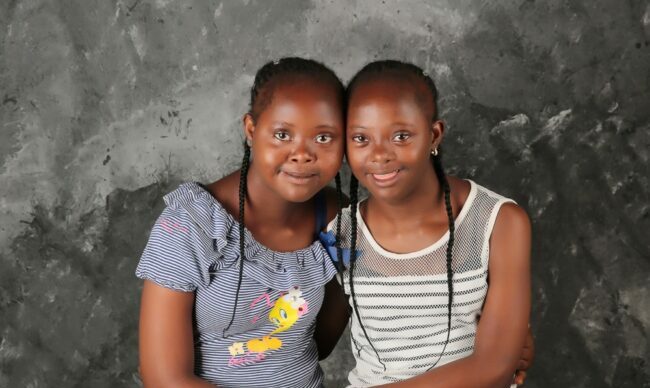Down syndrome, also known as trisomy 21, is a genetic disorder that affects people from birth and is distinguished by varied degrees of intellectual disability and specific physical characteristics.
Despite greater knowledge and understanding of Down syndrome, there are still many misconceptions about the disorder.
These beliefs can reinforce stereotypes and impede the full inclusion and acceptance of people with Down syndrome in society.
It is critical to dispel these myths and foster a more accurate knowledge of the talents, experiences, and contributions of people with Down syndrome. Below are some common misconceptions regarding Down syndrome:
There are several misconceptions about Down syndrome that persist in society. Here are some common ones:
- People with Down syndrome are always happy: While individuals with Down syndrome may exhibit a generally positive disposition, just like anyone else, they experience a full range of emotions. Like everyone else, their emotional experiences are influenced by various factors such as personality, environment, and life circumstances.
- People with Down syndrome are always severely intellectually disabled: While Down syndrome is associated with intellectual disability, the degree of impairment can vary widely among individuals. Some may have mild intellectual disability, while others may have moderate or even higher levels of cognitive functioning. Many individuals with Down syndrome can learn, work, and lead fulfilling lives with appropriate support and accommodations.
- People with Down syndrome all look alike: While individuals with Down syndrome may share certain physical characteristics, such as almond-shaped eyes and a flattened facial profile, there is significant variation in appearance among individuals with the syndrome, just as there is among the general population.
- Down syndrome is hereditary: Down syndrome is typically not inherited. It is usually caused by random errors in cell division during the formation of reproductive cells or early development of the embryo. However, in rare cases, it can be inherited from a parent who carries a genetic translocation involving chromosome 21.
- Homogeneity: Another common misconception is that all individuals with Down syndrome are alike in terms of abilities, interests, and personalities. In truth, just like any other group of people, individuals with Down syndrome are diverse and unique, with their own strengths, weaknesses, preferences, and personalities. In addition, some people think babies who have Down syndrome are a result of incest, whereas, in reality, there is absolutely no relationship between incest and Down syndrome.
ALSO READ THESE TOP STORIES FROM NIGERIAN TRIBUNE
